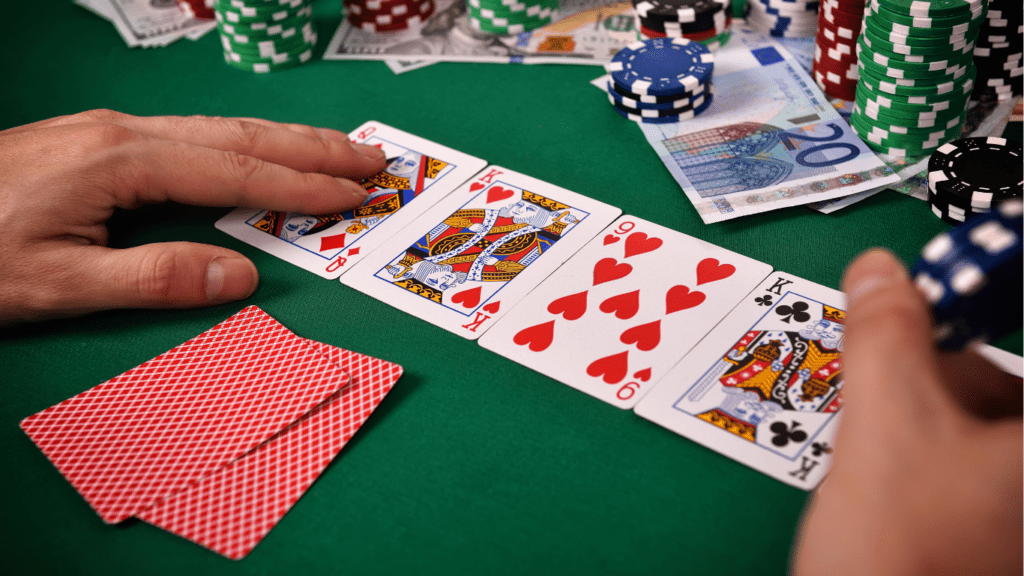Tournaments can be thrilling, but even the best players sometimes fall victim to mistakes that derail their success. I’ve seen it happen time and time again—great skills and strategies undone by avoidable errors. It’s not always about talent; often, it’s the small missteps that make the biggest difference.
Understanding Tournament Pitfalls
Recognizing common tournament pitfalls is essential for maintaining consistent performance. Even skilled players can lose their edge due to avoidable missteps.
1. Overlooking Preparation Details
Proper planning lays the foundation for success. Players sometimes focus solely on gameplay strategies while neglecting physical readiness, such as nutrition or sleep. A lack of attention to these factors can impact decision-making and stamina.
2.Underestimating Opponents
Assuming victory against seemingly weaker opponents often leads to careless mistakes. Every player brings unique strengths that demand respect and strategic analysis.
3. Overconfidence Following Wins
Success in initial rounds can create complacency. I’ve seen players relax their approach prematurely, leading to missed opportunities and surprised defeats.
4. Neglecting Mental Resilience
Emotional variability, such as frustration or pressure, jeopardizes consistency. Competitors who can’t manage these stresses struggle to recover after setbacks during matches.
Addressing these pitfalls ensures sustained focus and adaptability, critical traits for excelling in tournaments.
Preparation Is Key
Preparation separates consistent performers from those who falter under pressure. Effective tournament readiness requires strategic planning and focused practice.
Building A Solid Strategy

Evaluating opponents’ tendencies ensures you approach matches with informed tactics. I analyze previous game records or videos to:
- identify patterns
- weak spots
- strengths
Customizing my strategy to counter these insights gives me a competitive advantage. Creating a flexible game plan allows adaptation during unexpected scenarios. I avoid rigid approaches by preparing backup strategies that address different playstyles or sudden momentum shifts. Flexibility reduces the element of surprise and enhances confidence.
Practicing Under Pressure
Simulating competitive conditions improves decision-making when stakes are high. I replicate tournament environments by timing matches, introducing distractions, or playing against unfamiliar opponents. This approach exposes gaps in execution and builds composure under stress.
Focusing on high-intensity drills strengthens core skills and consistency. I practice scenarios like sudden-death points or recovery from deficits to condition myself for high-pressure moments. These targeted sessions sharpen my ability to thrive when it matters most.
Managing Expectations And Mindset
Focusing on realistic goals and maintaining mental composure can significantly impact tournament outcomes. A balanced mindset prevents distractions and helps sustain performance regardless of challenges.
Avoiding Overconfidence
Staying grounded helps mitigate errors stemming from overconfidence. Winning early rounds or practicing well might boost self-assurance, but it’s essential to approach each opponent with respect. I remind myself that every match is unique, and overestimating my abilities can lead to careless decisions. Evaluating each situation objectively helps me stay focused and adaptable.
Handling Anxiety And Nerves
Managing tournament pressure is crucial for consistent performance. Anxiety often arises from fear of failure or high expectations, affecting concentration and decision-making. I combat this by controlling my breathing to calm my mind and employing routines to establish familiarity in competitive settings. Practicing mindfulness keeps my focus on the present, reducing unnecessary stress.
Navigating In-Game Mistakes
In-game mistakes often derail performance, even for experienced players. Recognizing errors and staying mentally resilient are crucial to maintaining control in high-stakes scenarios.
Recognizing And Learning From Errors
Acknowledging mistakes helps me analyze weak points and prevent repeated missteps. I focus on reviewing each error, determining its cause, and addressing it in practice sessions. For example, a missed opportunity due to poor timing might signal the need for drills targeting reaction speed. I view mistakes not as failures but as tools for improvement, shifting my perspective to reduce frustration and increase learning efficiency.
I document patterns in errors if they repeat across matches, identifying whether they stem from strategic misjudgments, mechanical execution, or external distractions. Recording these insights allows me to design targeted solutions, creating a feedback loop for constant improvement.
Staying Focused After A Setback
After setbacks, I re-align my focus by concentrating on actionable steps rather than dwelling on outcomes. Instead of lamenting lost points or poor decisions, I direct my energy toward executing the next strategy correctly. This approach minimizes lingering stress, keeping my gameplay sharp.
To maintain composure, I rely on routines like using deep-breathing techniques or repeating a calming mantra during breaks. These habits strengthen my mental resilience, ensuring I don’t let one mistake snowball into further errors. For instance, if a crucial point is lost, I immediately reset my mindset and prepare for the next opportunity, rather than focusing on the prior misstep.
Staying adaptable also eliminates panic after surprising setbacks, allowing me to regain control and make effective strategic adjustments mid-match.
















































































































































































































































































































































































































































































































































































































































































































































































































































































































































































































































































































































































































































































































































































































































































































































































































































































































































































































































































































































































































































































